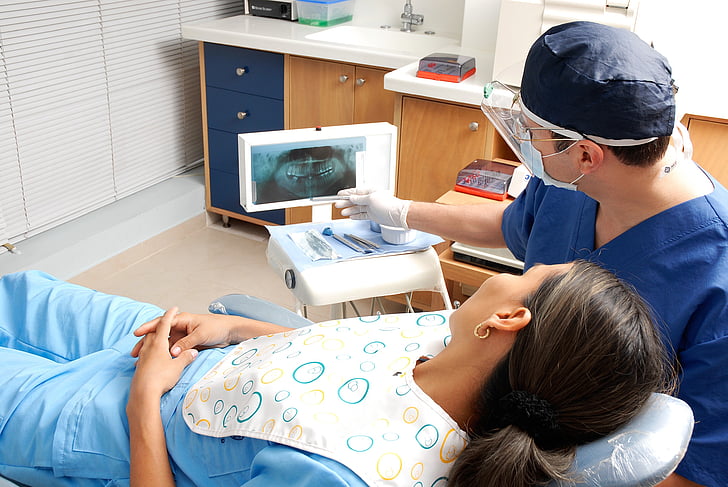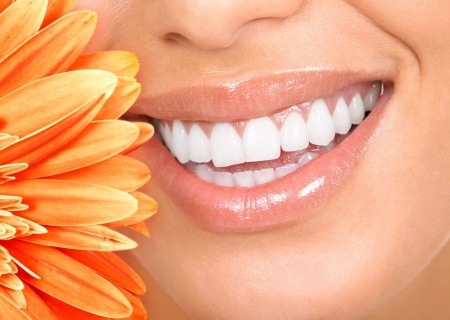
Dental Health and Medications:
Taking medications (dental health medications) may seem harmless. After all they were prescribed by your doctor to help you with a specific health problem and to get you better. However, there are certain medications that can cause more harm to your teeth and overall oral health that you would not even think about. This is why it is very important that you let your dentist know if you are taking any medications, whether it’s prescription or over the counter.
Here is a list of medications that can affect your oral health.

- Antihistamines, decongestants, pain killers, muscle relaxants, blood pressure medications and many more. These medicines are said to cause a syndrome called dry mouth. Dry mouth can easily lead to sore gums that can make you more susceptible to infections. It also makes you more at risk for developing cavities.
- Blood pressure and contraceptives are medications that can cause problems like gum inflammation, mouth sores and discoloration. Your dentist can help with minimizing these side effects and helping with controlling the pain associated with it.
- Blood thinners. These medications can cause a life threatening situation after any dental procedure that may induce bleeding like tooth extraction, treatment for gum disease or gingivitis or any dental surgeries, as it may lead to excessive bleeding and not allowing the blood to clot.
- Anti-seizure. These medications can cause a condition called gingival hyperplasia which is a tissue overgrowth of the gum. This condition makes practicing good oral hygiene habits difficult. It is even more important to have a strict oral hygiene regimen to maintain healthy gums
- Inhalers. Using as inhaler can cause a fungal infection in your mouth called oral candidiasis. This will show in your mouth as white patches usually inside the cheek areas, but can be seen anywhere. Also inhalers which contain steroids can wear away the enamel of your teeth. Make sure you rinse your mouth after using an inhaler.
- Cancer treatments. It is very important to let your dentist know if you are planning on undergoing cancer treatment so that your dentist can have a plan to make sure you maintain a good oral health and prevent infections. Also best would be to do your dental treatment before undergoing cancer treatments. If you are undergoing cancer treatment, your dentist may need to speak to your doctor first before any dental treatment can be done.
- Sugar. Many liquid and chewable medications have a sweetener in them which taken for long period of time can cause tooth decay. Make sure you rinse your mouth after taking such medications like cough syrups, liquid vitamins or liquid pain killers.
You need to bear in mind that medications, prescribed or not, can have negative effect on your dental conditions. For this reason, you have to inform your dentist what you are taking, in order for him or her to provide you with a good dental care. Also make sure every time you visit your dental office, you let them know about any health changes and new medications you are taking. Also be aware that some drugs may not interact well with each other.
